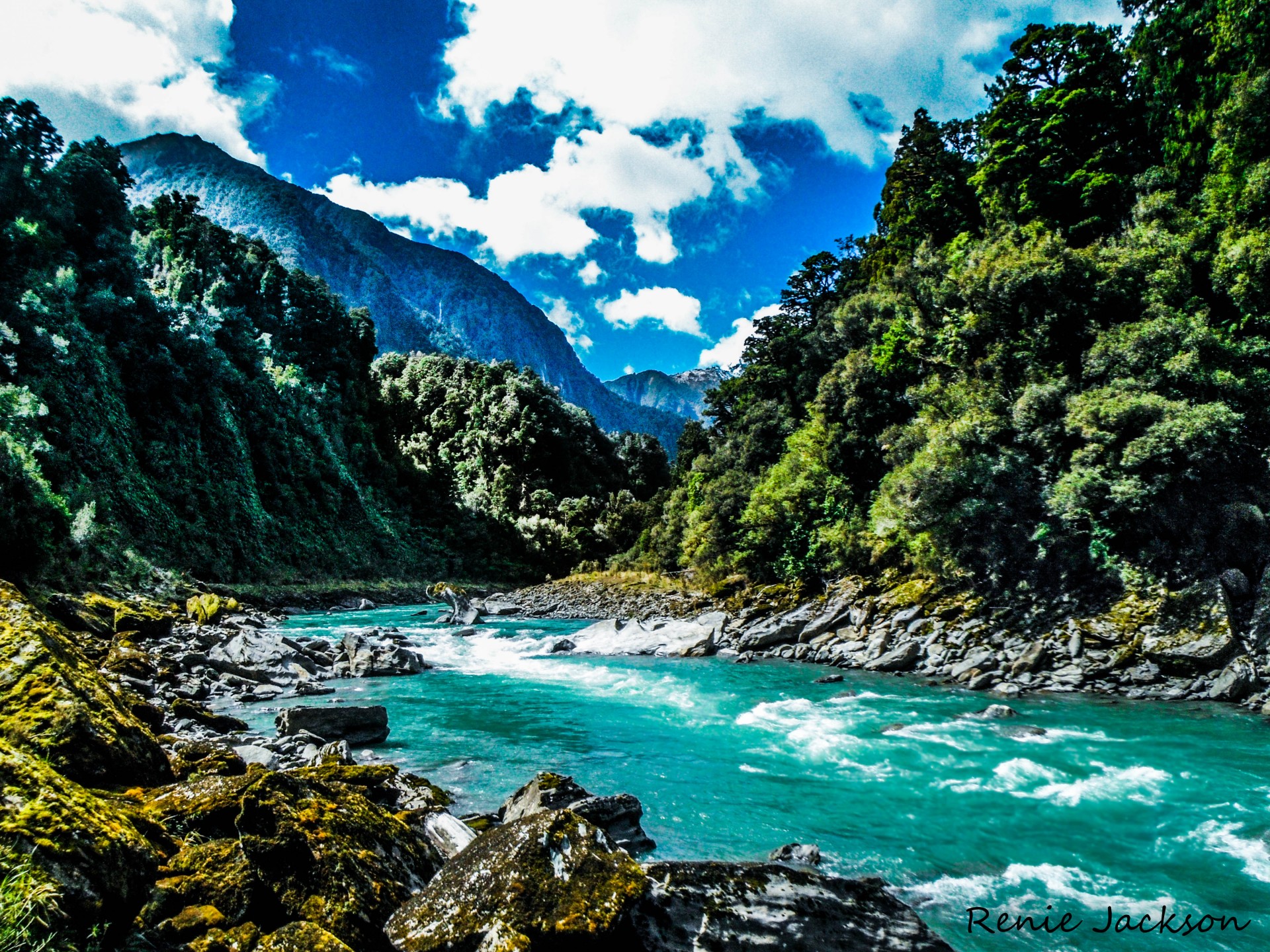Within the intricate tapestry of Bahá’í teachings, the dual concepts of nature and nurture intertwine, much like the eternal ebb and flow of ocean waves. Surfing, an activity often perceived as mere recreation, emerges as a profound metaphor for spiritual practice. In this exploration, we will delve into how surfing reflects Bahá’í principles, embodying an opportunity for spiritual development, personal growth, and communal connection.
At first glance, surfing may seem an unlikely vessel for spiritual instruction. However, when viewed through the lens of Bahá’í philosophy, the act of riding the waves elucidates deeper truths about the human experience. Just as surfers learn to harmonize with the unpredictable forces of the ocean, individuals can cultivate their inner capacities and navigate the vicissitudes of life. This synergy between the individual and the environment serves as a poignant reminder of humanity’s relationship with the divine.
Central to Bahá’í teachings is the belief that both nature and nurture are essential pillars of human growth. Nature refers to the inherent spiritual qualities that each person possesses, while nurture encompasses the environments and experiences that shape these qualities. In the context of surfing, the ocean acts as a natural teacher, presenting both challenges and opportunities for growth. Surfers are compelled to confront their fears and limitations, cultivating resilience and perseverance—qualities that align closely with spiritual development.
The ocean, in its vastness, symbolizes the infinite wisdom of the Creator. Each wave represents a unique experience, a chance to embrace the unknown. Similarly, Bahá’í teachings encourage individuals to engage with life’s experiences as opportunities for enrichment and enlightenment. The act of paddling out into the surging sea can be likened to a soul’s quest for knowledge and understanding. Just as a surfer must learn to read the rhythm of the waves, a seeker of truth must attune themselves to the guidance of the divine.
The metaphor extends further. In the world of surfing, one quickly learns the importance of community. The camaraderie shared among surfers reflects the Bahá’í principle of unity. By fostering a spirit of togetherness, individuals can collectively harness their strengths and support one another in their spiritual journeys. This communal bond reinforces the notion that personal growth is intertwined with the well-being of others—a principle echoed in the teachings of Bahá’u’lláh, which emphasize service and companionship.
Moreover, surfing inherently demands a deep appreciation for nature. Surfers develop an acute awareness of the ocean’s rhythms and moods, cultivating a profound sense of gratitude for the natural world. This connection echoes the Bahá’í teaching of stewardship, urging humanity to cherish and protect the environment as a reflection of the divine creation. Engaging with nature fosters humility and reverence—characteristics present in the hearts of those on a spiritual path.
The act of surfing serves not only as a means of physical expression but also as a meditative practice. The rhythmic dance between the surfer and the waves manifests mindfulness, urging practitioners to remain present in the moment. In this state of flow, individuals can transcend their anxieties and distractions, allowing for a deeper communion with the self and the divine. Such moments of clarity parallel the meditative practices emphasized within Bahá’í teachings, which advocate for reflection and introspection as pathways to spiritual advancement.
Ultimately, surfing as a spiritual practice embodies the interplay of self-discovery and connection to the greater whole. Each ride on a wave becomes an opportunity to explore innate abilities, confront limitations, and celebrate triumphs. This alignment with one’s true essence mirrors the Bahá’í ideal of realizing one’s potential and contributing to the elevation of humanity. The lessons learned on the water—balance, patience, and courage—resonate not only in the realm of surfing but also in the broader context of life.
Yet, despite the inherent joys of surfing, it also entails an acknowledgment of impermanence. Waves crash and recede, reminding surfers of life’s transient nature. This philosophy serves as a powerful lesson in acceptance and detachment, key components of spiritual growth in the Bahá’í Faith. By embracing the inevitability of change, individuals cultivate resilience, preparing themselves for the inevitable trials that life brings. The ocean, in its cyclical nature, illustrates the eternal truth of the human experience—there is joy in the journey, even amid uncertainty.
Furthermore, the practice of surfing integrates the teachings of personal discipline and responsibility. Regular engagement with the ocean fosters a commitment to practice, urging individuals to hone their skills and deepen their understanding. This pursuit of mastery embodies the principle of striving for excellence within the Bahá’í framework. Just as surfers dedicate time to refine their technique, Bahá’ís are encouraged to immerse themselves in spiritual study and community service, continuously working toward self-improvement.
In conclusion, the spiritual practice of surfing resonates deeply with Bahá’í teachings regarding nature and nurture. Through engaging with the ocean, individuals embark on a transformative journey, one that mirrors the spiritual quests advocated in the Faith. The waves serve as both an instructor and a confessor, guiding practitioners toward self-awareness and communal harmony. In this dance between the individual and the environment, one finds not only the thrill of adventure but also profound insights into the nature of existence, inviting all to explore the ocean of their own souls.
